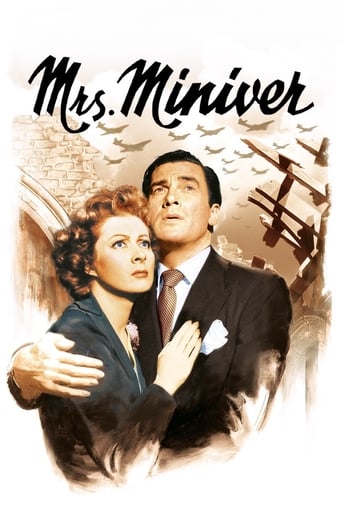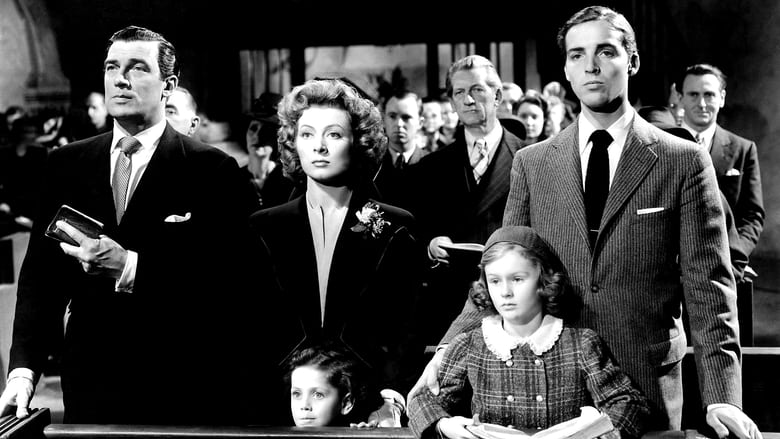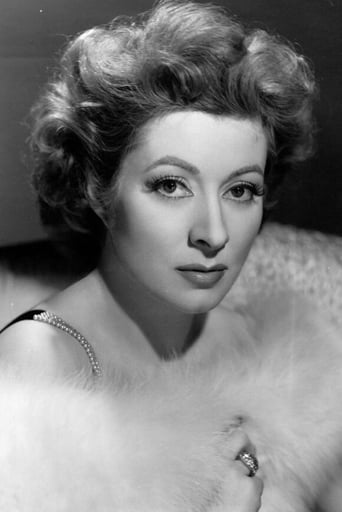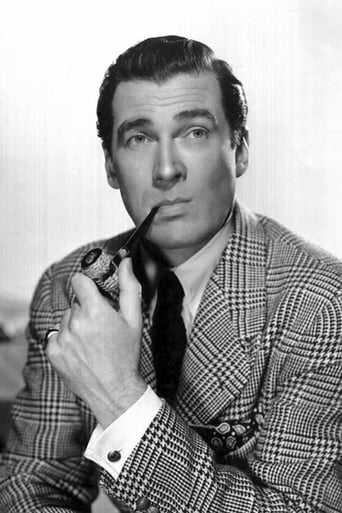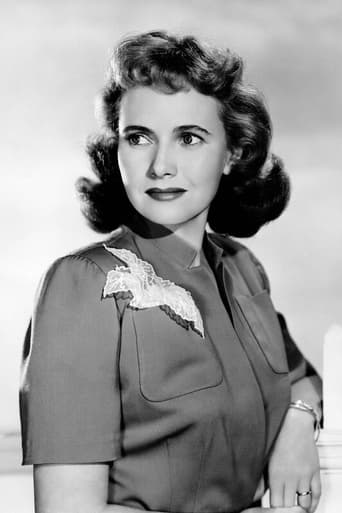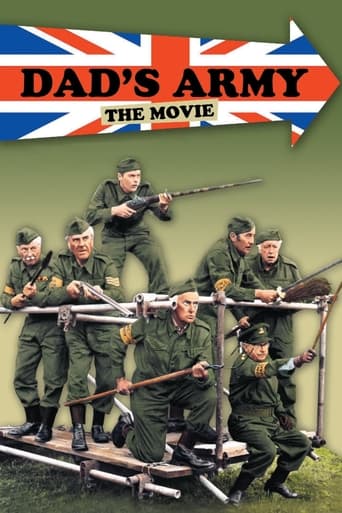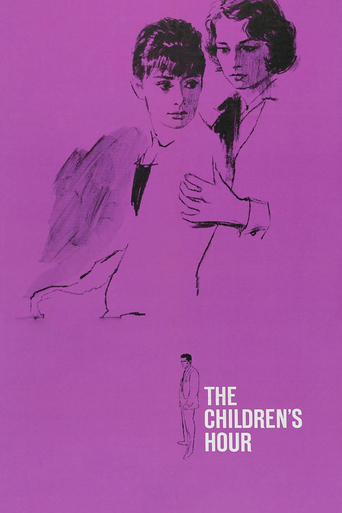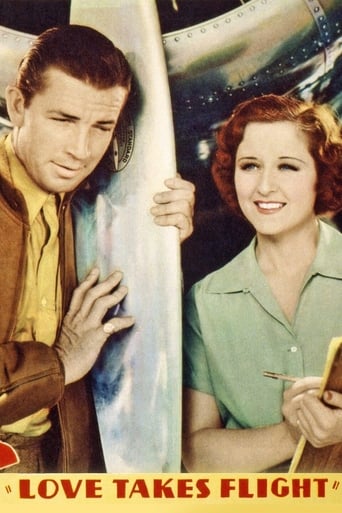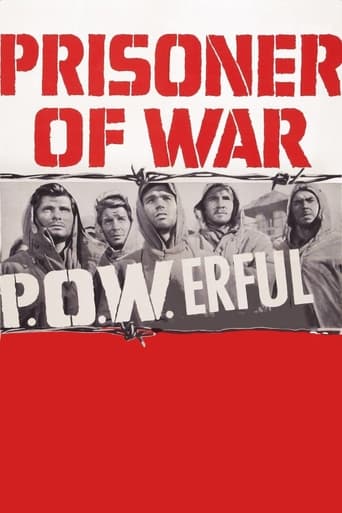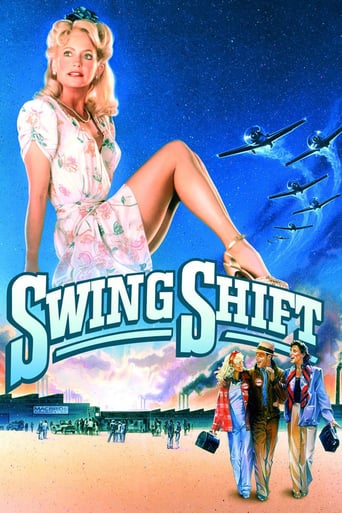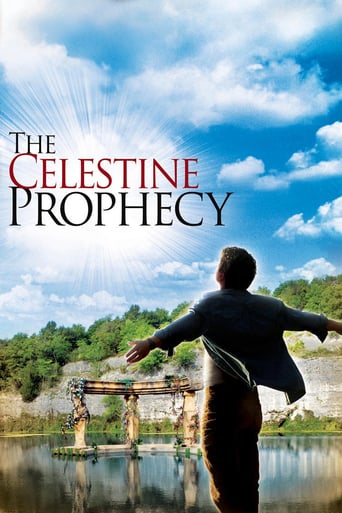Mrs. Miniver (1942)
Middle-class housewife Kay Miniver deals with petty problems. She and her husband Clem watch her Oxford-educated son Vin court Carol Beldon, the charming granddaughter of the local nobility as represented by Lady Beldon. Then the war comes and Vin joins the RAF.
Watch Trailer
Cast


Similar titles
Reviews
Really Surprised!
Great Film overall
This is a small, humorous movie in some ways, but it has a huge heart. What a nice experience.
Through painfully honest and emotional moments, the movie becomes irresistibly relatable
Though I'm a huge Oscar buff, it took me forever to get around to watching "Mrs. Miniver," the Best Picture winner from 1942. It's not that I purposely avoided seeing it -- it's just that my impression was that it would be tasteful and mediocre, and there always seemed to be something more interesting that I wanted to watch instead. How surprised I was, then, to find that this film is marvelous. Where I expected to find maudlin, heavy-handed WWII propaganda, I instead found a down-to-earth, unsentimental depiction of regular people making the best of a terrible situation because they have no other option. Greer Garson, whose charms I've mostly been able to resist, is luminous in the title role. The mannerisms that I've found make her somewhat difficult to watch in other movies are absent here. A scene set in a bomb shelter, showing Mrs. Miniver and her husband, played winningly by Walter Pidgeon, trying to comfort their terrified young children while being terrified themselves, is powerful and difficult to watch.Garson deservedly won an Oscar for her performance, and Pidgeon was nominated. The film became the first one to receive both five acting nominations as well as nominations in every acting category, a feat only achieved in later years by "From Here to Eternity," "Bonnie and Clyde," and "Network." It also received Oscars for Best Picture, Best Director (William Wyler), Best Supporting Actress (Teresa Wright, who was also nominated for Best Actress that year in "The Pride of the Yankees"), Best Screenplay, and Best black and white Cinematography. With 12 nominations, it was the most nominated film of its year. Other nominations included Best Actor (Pidgeon), Best Supporting Actor (Henry Travers), Best Supporting Actress (May Witty, heartbreaking), Best Film Editing, Best Sound Recording, and Best Special Effects.Grade: A
I'm simply amazed at the popularity of this film when originally released. MGM and theaters made a bundle in profits, as it wasn't expensive to make. Today, it comes across as very dated and way too slow paced for most viewers. I almost fell asleep during the first half hour, which was the most boring. Obviously, the main point of the film was to give Americans a better idea of what civilian Brits went through during The Battle of Britain, and what they might again go through if the Germans came up with a better long range bomber It was only when that wounded German pilot was discovered in the Miniver's back yard, that things got mildly interesting for a while. Before this, the air raid warden showed up at their home and demanded that they extinguish all lights so the German night bombers would have difficulty locating targets. Later, the Minivers experience close bombing while hiding in their air raid shelter(a converted root cellar?). Meanwhile, a bomb destroyed much of their home. Strangely, they didn't seem terribly upset at this loss. Meanwhile, their son Vin, who had recently become an RAF pilot, wants to marry the 16 y.o. granddaughter(Carol) of a upper class acquaintance. After some hesitation, this is approved by the parents or guardian, who are afraid the marriage will be very brief, given the casualty rate among RAF pilots. But Carol says she would rather marry Vin now and have him die soon than wait until the war is over. Ironically, it is Carol who dies from German shrapnel while in a car with Mrs. Miniver. The special effects generally looked sorry. I couldn't believe that the fighters flying overhead at the end appeared to be vibrating like crazy! I can't believe this film won the '42 Oscar! I would have opted for either "Yankee Doodle Dandy" or "Holiday Inn" : 2 classic musical comedies.As a side note, 38y.o. Greer Garson, who played Mrs. Miniver, and 26y.o. Richard Ney, who played her son, got hitched the following year. It only lasted a few years.
There's nothing like a suburban British housewife to aid her family in getting through the war. In the case of the upper middle class Miniver family, it is the wife (Greer Garson) who keeps the home fires burning, literally, as she fends off Nazi fliers, keeps her children calm in an air raid, and helps the family mend through a tragedy concerning her oldest son (Richard Ney) and the young woman he loves (Teresa Wright). She is also beloved in her village of Belden, given the distinct honor of having a beautiful red rose named after her by the town's long-time railroad station master (Henry Travers), daring to enter it in a contest opposite the town's delightfully imperious matriarch (Dame May Witty), Wright's grandmother. This leads to the famous town flower show sequence, a plot element so remembered by fans that years later it was incorporated into "Downton Abbey" involving Dame Maggie Smith's character.Of course, there's more to this film than a flower show, the guilt over buying a new hat during troubled financial times (while husband Walter Pidgeon buys a new car on the very same day with the same trepidation of telling his wife) and young love. It's about England's transition from innocence to potential annihilation as the evil Nazi Germany bombs the town (at least they waited until the winner of the Belden cup was announced), and how peace loving communities will not allow tyrants to attempt to destroy their freedom. Everybody in this peaceful village gets involved, from store owner turned air raid warden Reginald Owen, parson Henry Wilcoxin and even the Miniver's servants. A screenplay filled with light sentiment, sweet romance, subtle comedy and a divine spirituality of good vs. evil makes this truly a perfect film with everybody excellently cast and the pacing perfectly fitting to each mood that the film undertakes.It's been tempting over the years to make fun of this film which has been spoofed ("Laugh-In", parodying the Nazi soldier with Arte Johnson approaching guest-star Garson) and given legend for Garson's alleged lengthy Oscar speech. It should be noted that 1943's Oscar Winning Best Film "Casablanca" had a New York release during the same year as "Mrs. Miniver", which makes a close call for which of the two would have won the Oscar had "Casablanca" had its Los Angeles release just a few months earlier. On its own, "Mrs. Miniver" still stands the test of time today, and that is also due to its brilliant screenplay and tight direction by the legendary William Wyler.
Directed by German-born American citizen William Wyler, depicting the plight of the British Home Front, Mrs. Miniver swept the boards at the Oscars, collecting five wins including Best Picture. It is now clearly a piece of propaganda film-making, made at the time where the U.S. were edging closer and closer to war, but this doesn't do anything to dampen what is an often gripping, moving and stirring film. Wyler's views are clear as day - American needed to enter the war before the threat of Nazism becomes too powerful to overthrow - and wanted to show the American audience of the stubborn, stiff-upper lipped efforts of its British allies, from the soldiers on the front lines, to the defiance of the women and the elderly at home.As World War II draws inevitably nearer, middle-class housewife Kay Miniver (Greer Garson) journeys home after shopping to learn that station-master Mr. Ballard (Henry Travers) is naming his potentially prize-winning rose "Mrs. Miniver". Her husband Clem (Walter Pidgeon) has just indulged in an expensive new car and the two patter around admitting to their lavish spending. Their son Vin (Richard Ney) returns home from Oxford and falls in love with Carol (Teresa Wright), grand- daughter of aristocrat Lady Beldon (Dame May Witty). But when war is announced, Vin joins the Air Force, and Clem volunteers to assist in the Dunkirk evacuation.What is most surprising about Mrs. Miniver is its depiction of Britain. With an American director and a cast made up mostly of American and Canadian actors, the film is alarmingly successful in its realism, and doesn't look out of place amongst the many British films made during this era with similar settings. The cast border on perfection (apart from the slightly hammy Richard Ney), and Pidgeon, Wright, Witty and Travers all receiving Oscar nominations for the efforts, with Garson winning. They manage to juggle a mixture of middle-class kitchen-sink drama and some naturalistic humour, with some playful scenes managing to alleviate the doom-and-gloom subject matter.The film is keen to explore themes of social divide, and how this apparent barrier seems to vanish and diminish during wartime. Vin arrives home from his college spouting a new-found enlightenment about his fellow man, and how the wealthy live comfortably in ignorance while the lower-classes suffer, but has nothing to say when challenged as to what he's doing about it by Carol. It is only when he goes to war when he is truly with his fellow man, a revelation shared by the snobbish Lady Beldon (in a powerhouse performance by Dame Witty) during the village flower show in an extremely moving scene.A true milestone film, now admitted to the National Film Registry by the Library of Congress, that President Roosevelt heralded as being as important to the war effort as the soldiers on the ground, as he rushed it straight into theatres shortly after being completed. The film's famous final scene that shows a powerful speech on the country's unity by the Vicar (Henry Wilcoxon - whose brother Robert was killed in the Dunkirk evacuation), was transcribed and translated by Roosevelt and dropped into allied territory as a morale builder, and is now known as the Wilcoxon Speech. Historically important, but a magnificent film in its own right.www.the-wrath-of-blog.blogspot.com

